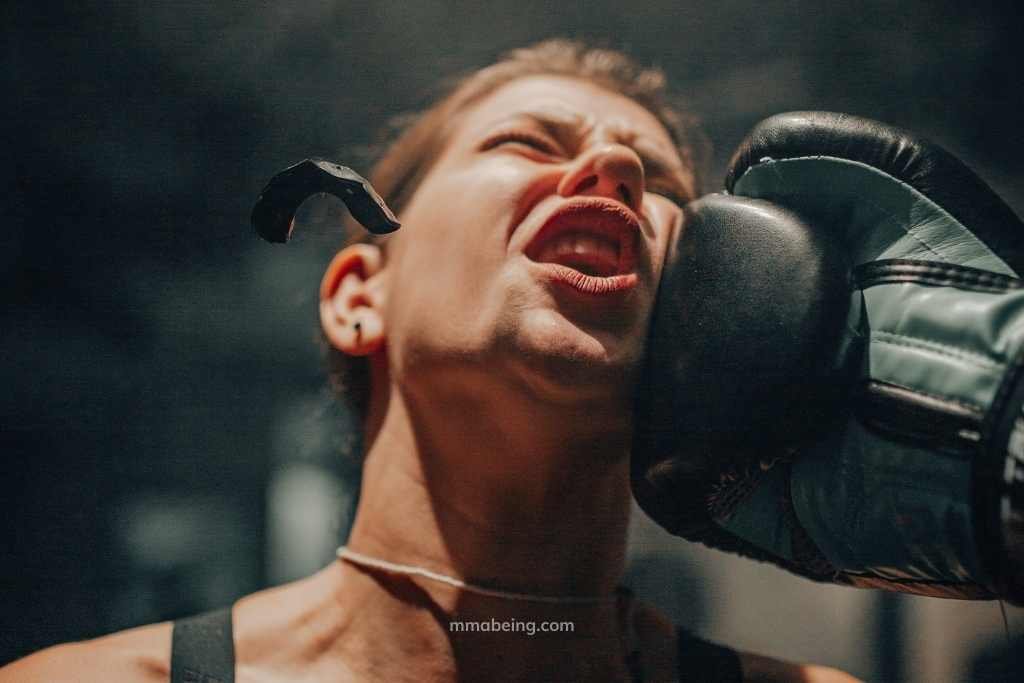Identifying whether someone has what it takes to fight involves looking out for key signs. Let’s break down these indicators and find out 5 signs you can’t fight.
Perseverance Matters:
The core of a fighter’s mindset is not giving up, which means having both physical and mental strength. People who lack this quality often quit when they face their first big challenge. Many aspiring fighters maintain their enthusiasm until they actually get hit in the face for the first time. It’s important to understand that the decision to quit comes from the mind. When determination weakens, the body language becomes submissive. Even if thoughts of surrender come up, it’s important to change the body language. This positive adjustment sends signals to the mind, creating a cycle of positive reinforcement that strengthens the determination to keep fighting.
No Excuses in Tough Times:
During a tough fight, true fighters don’t make excuses. Whether it’s a long run or intense training, mentally searching for reasons to quit is unproductive. The main idea of combat training is overcoming difficulties without taking shortcuts. Recognizing that facing challenges is a natural part of the journey is important. When faced with obstacles, a real fighter keeps going, knowing that real life doesn’t allow breaks or timeouts.

Fear of Failure Hampers Decision-Making:
Fear of failure can greatly hinder progress in the fight game. People who are afraid of failure tend to stay in their comfort zones and avoid taking risks that could help them grow. The ability to make decisions under pressure is what separates good fighters from great ones. When fighters focus on avoiding defeat instead of aiming for victory, their decision-making becomes distorted. To overcome this, it is crucial to have a clear motivation for fighting. By prioritizing success over avoiding failure, fighters can improve their decision-making skills and make the right moves at the right times.
Lack of Passion and Purpose:
Training to fight requires more than just physical effort; it also requires passion and a sense of purpose. Passion sparks the journey, while purpose gives meaning to the fight. Those who train only for fun or superficial reasons miss the deep essence of the fight. Having a clear purpose, such as protecting loved ones, standing up for personal beliefs, or representing one’s country, instills a strong mental determination. This clarity becomes a guiding force, empowering fighters to stay dedicated and persevere through tough times.
Avoiding Constructive Criticism:
Avoiding constructive criticism shows a sensitive ego. Being open to feedback and learning from mistakes is important in becoming a skilled fighter. Justifying behavior with long speeches about physical discomfort slows down progress. Real fighters see feedback as a chance to get better, knowing that learning from mistakes is an ongoing journey. Accepting constructive criticism isn’t a sign of weakness, but a sign of a fighter dedicated to improving and achieving greatness.

Basically, training for fighting means training with a strong attitude, avoiding signs of weakness, and committing to being tough, even when faced with difficult challenges. Training the way you plan to fight is the most important – not just physically but also mentally. Keep in mind, a real fighter stays tough under pressure, keeps going through tough times, and holds onto a strong passion for their journey.
You may like to read about how to choose the right martial art for you
